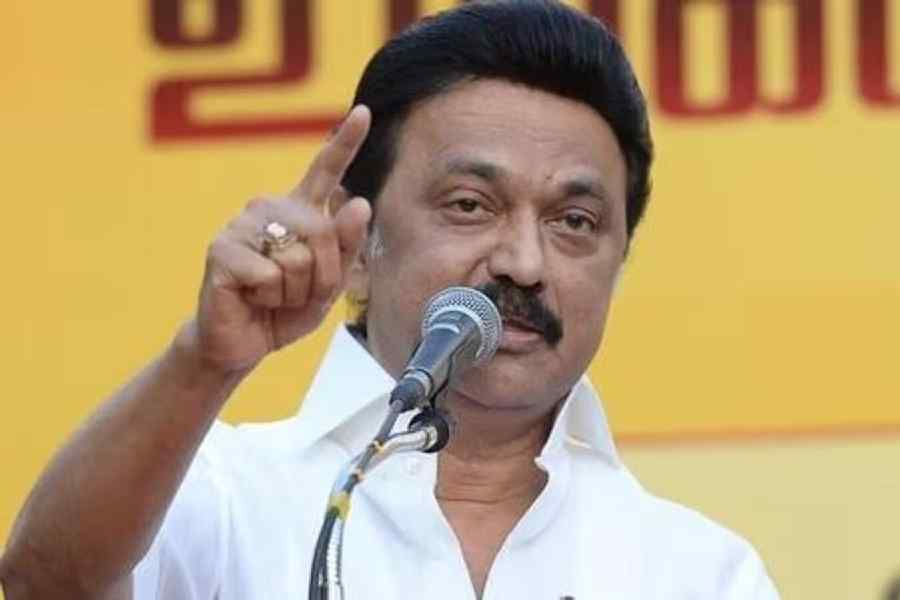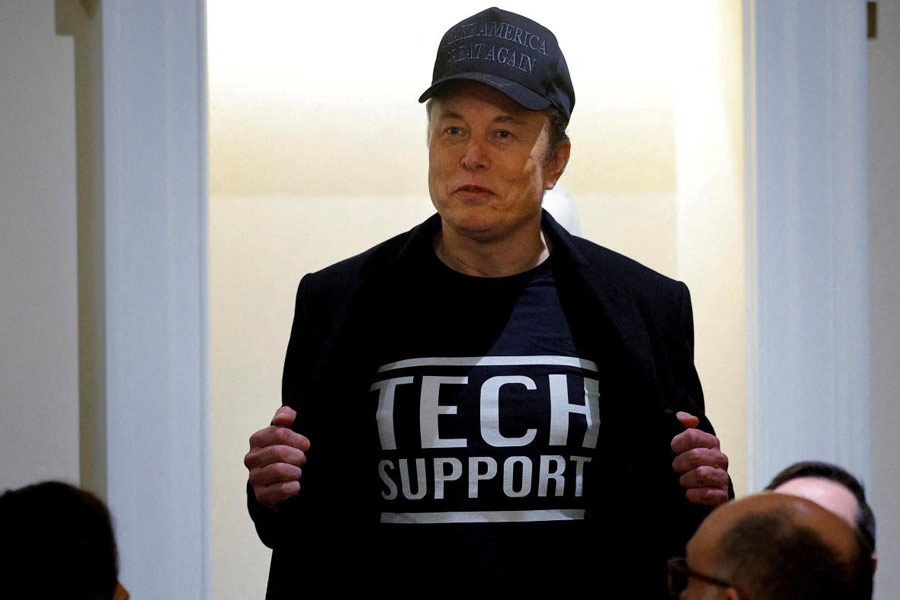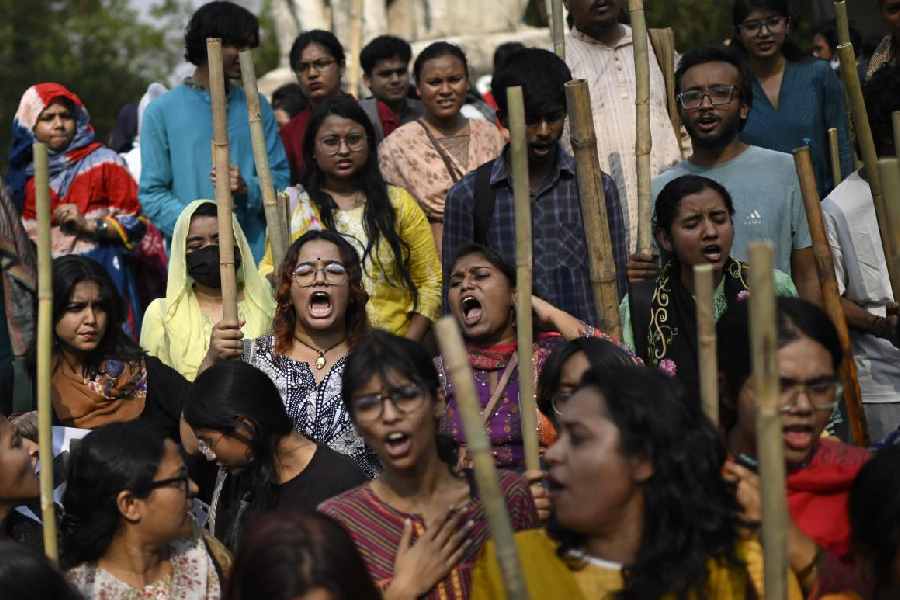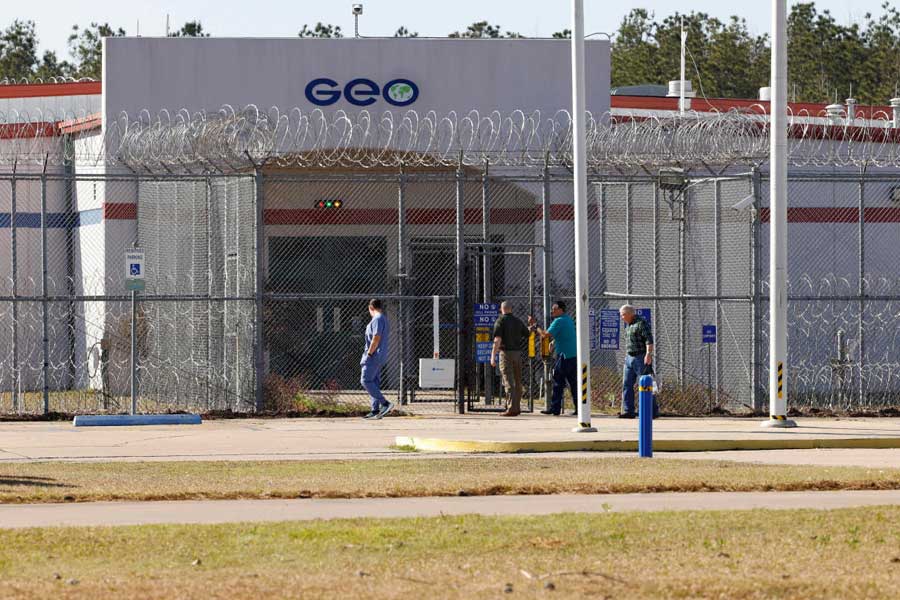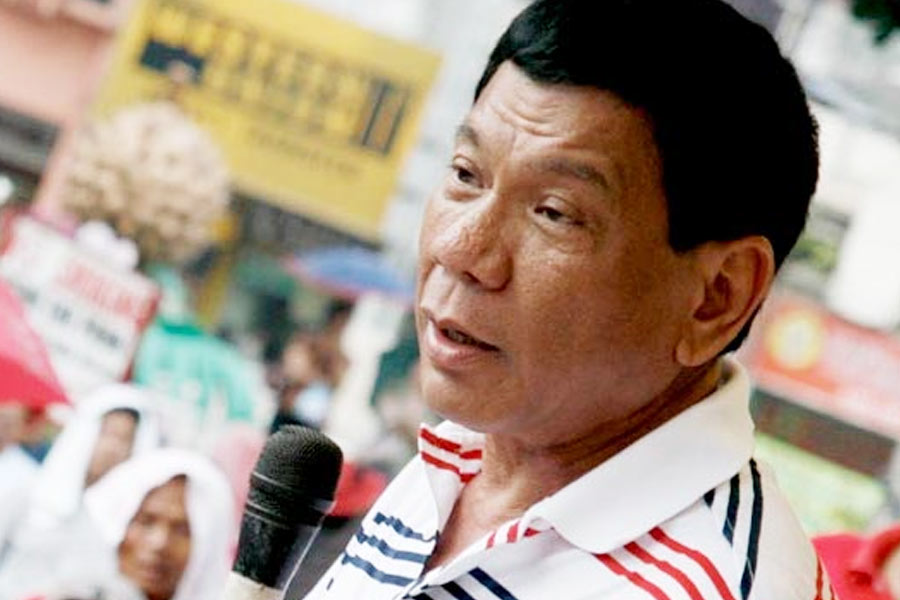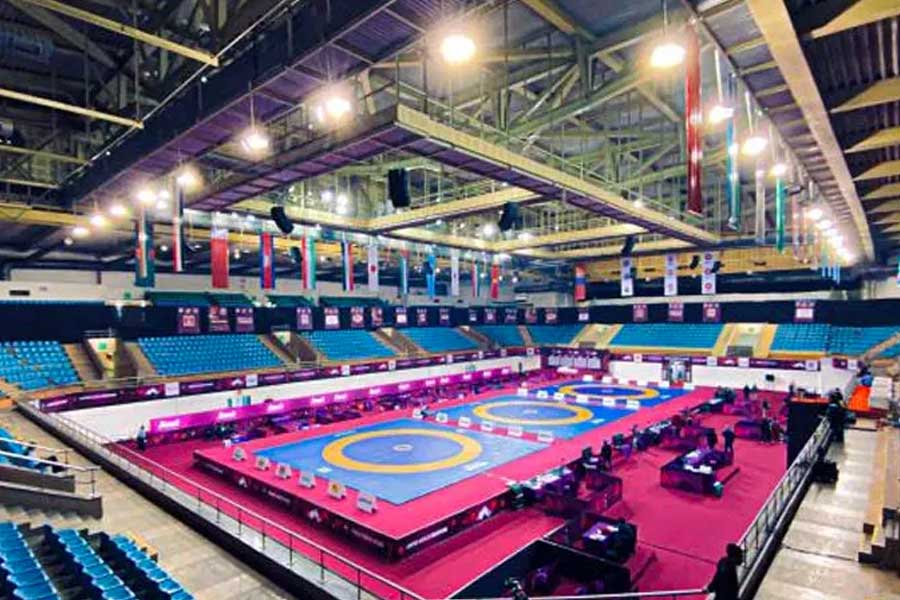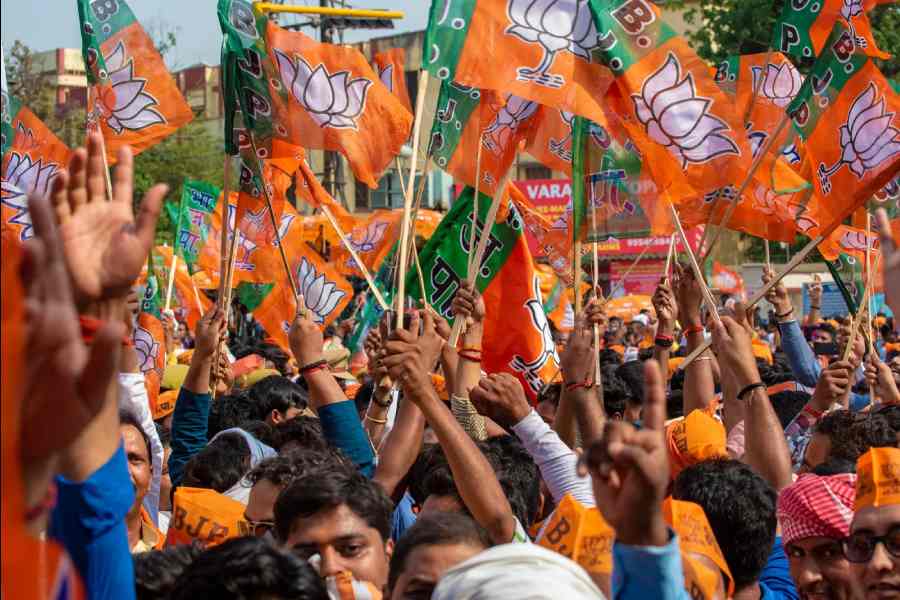Tamil Nadu chief minister and DMK president M.K. Stalin on Sunday sought to rekindle questions about what he described as the “hazards” of the National Eligibility-cum-Entrance Test (NEET) for medical colleges amid allegations of irregularities in the 2024 test.
Stalin cited a 2021 report by a Tamil Nadu government panel that said NEET was biased against the poor and disregarded merit by facilitating low-scoring students into private medical colleges.
“(The) DMK was the first to foresee the hazards of NEET and undertook a large-scale campaign against it,” Stalin said in a post on X. After coming to power in 2021, Stalin’s government had set up a high-level panel chaired by Justice A.K. Rajan, a retired high court judge, to assess the impact of NEET.
The panel had recommended in 2021 that the Tamil Nadu state government might take immediate steps to eliminate NEET from being used in admissions to medical courses at all levels by following the required legislative procedures.
Following the recommendation, the Tamil Nadu Legislative Assembly had unanimously passed a bill seeking exemption from NEET. “It is now awaiting Presidential assent, after an inordinate delay from the Tamil Nadu governor’s side,” Stalin said in his post.
“As nationwide opposition to NEET grows due to the recent large scale discrepancies, we are sharing the (AK Rajan panel’s) report in English and all major Indian languages for everyone to better understand the ill effects of NEET,” Stalin wrote on X, pasting links to the report’s versions in Bengali, Hindi, Kannada, Malayalam, Marathi, Punjabi, Tamil and Telugu.
Stalin’s comments come against the backdrop of widespread concerns about allegations of irregularities in the results of the NEET 2024 for undergraduate medical seats.
Proponents of NEET — conducted annually since 2013 for entry into government and private medical colleges — have asserted that a nationwide test would ensure that only meritorious candidates who qualify the exam would gain admission into medical colleges.
However, the Rajan panel, in its report, had expressed concern that some candidates secure medical seats with NEET scores “as low as just a pass” — or just above the qualifying marks.
Experts have for years questioned the National Testing Agency’s (NTA) decision to set qualifying cut-off marks that create a much bigger pool of potential candidates vying for seats than the number of seats available in medical colleges.
This year, for instance, 1.3 million candidates have qualified for around 100,000 MBBS seats.
Seats in private medical colleges that are left unfilled because higher-ranking candidates are unable to pay their high fees are available to lower-ranking students willing to pay the fees.
The Rajan panel has said this system is detrimental to meritorious and underprivileged students who can neither pay for seats nor pay the high annual fee in private medical colleges. “The rural and urban poor may not be able to join medical courses,” it said.

